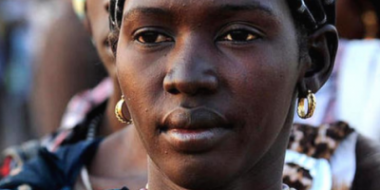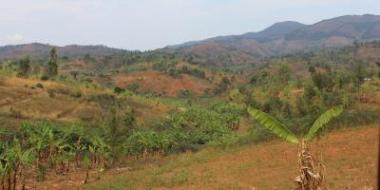Scaling up Responsible Land Governance
As the World Bank’s annual meeting on Land and Poverty got underway in Washington DC, representatives of governments, civil society, academia, the development community and private sector discussed land policy, challenges, and the latest research on land governance







